Nothing but punishment
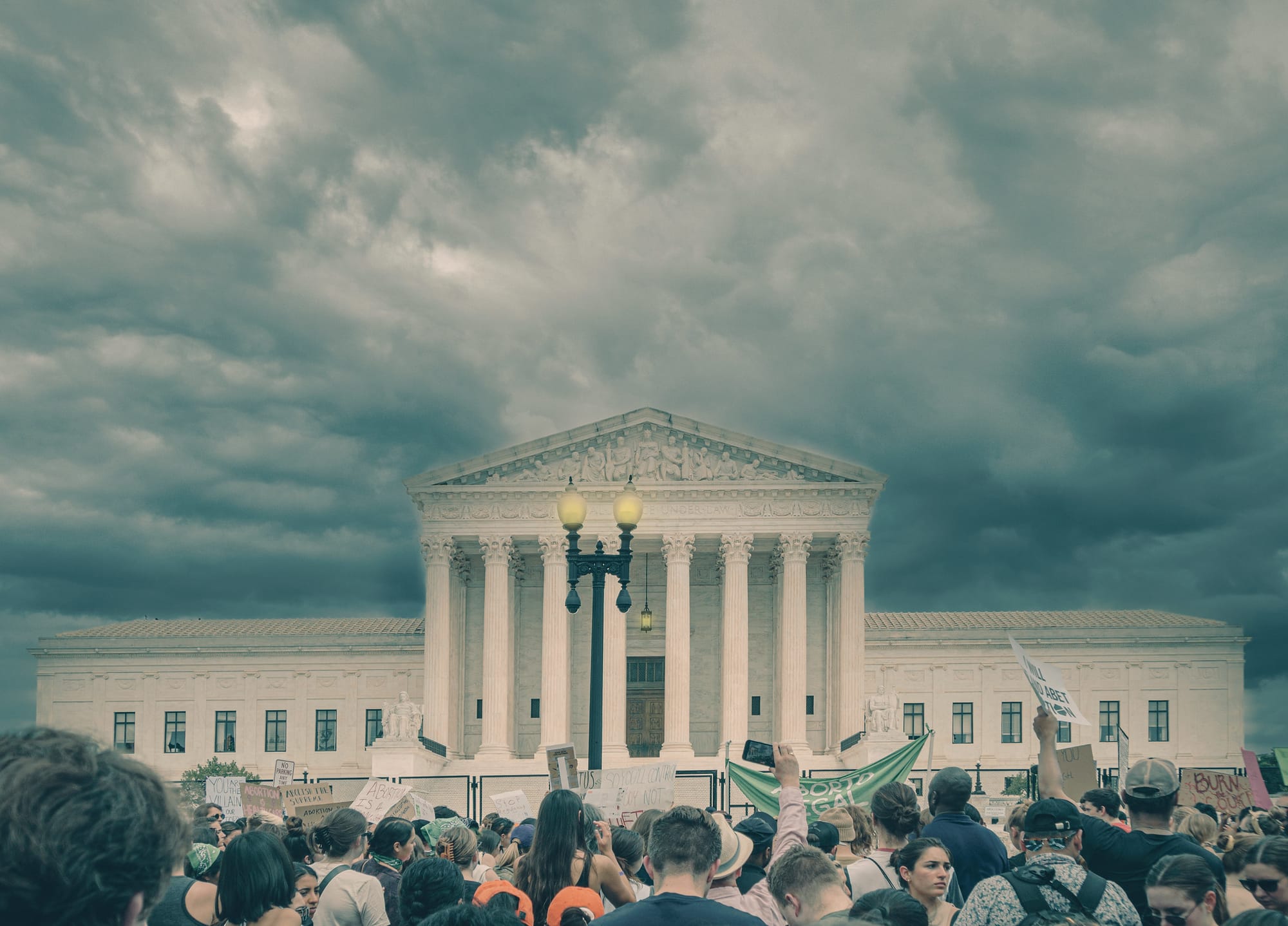
Micah Herskind joins us today to write about the latest developments in the Stop Cop City movement, including a major fuck up by the Georgia Attorney General’s prosecution of 61 activists that could potentially derail the entire case. Read it down below or jump directly to it here:
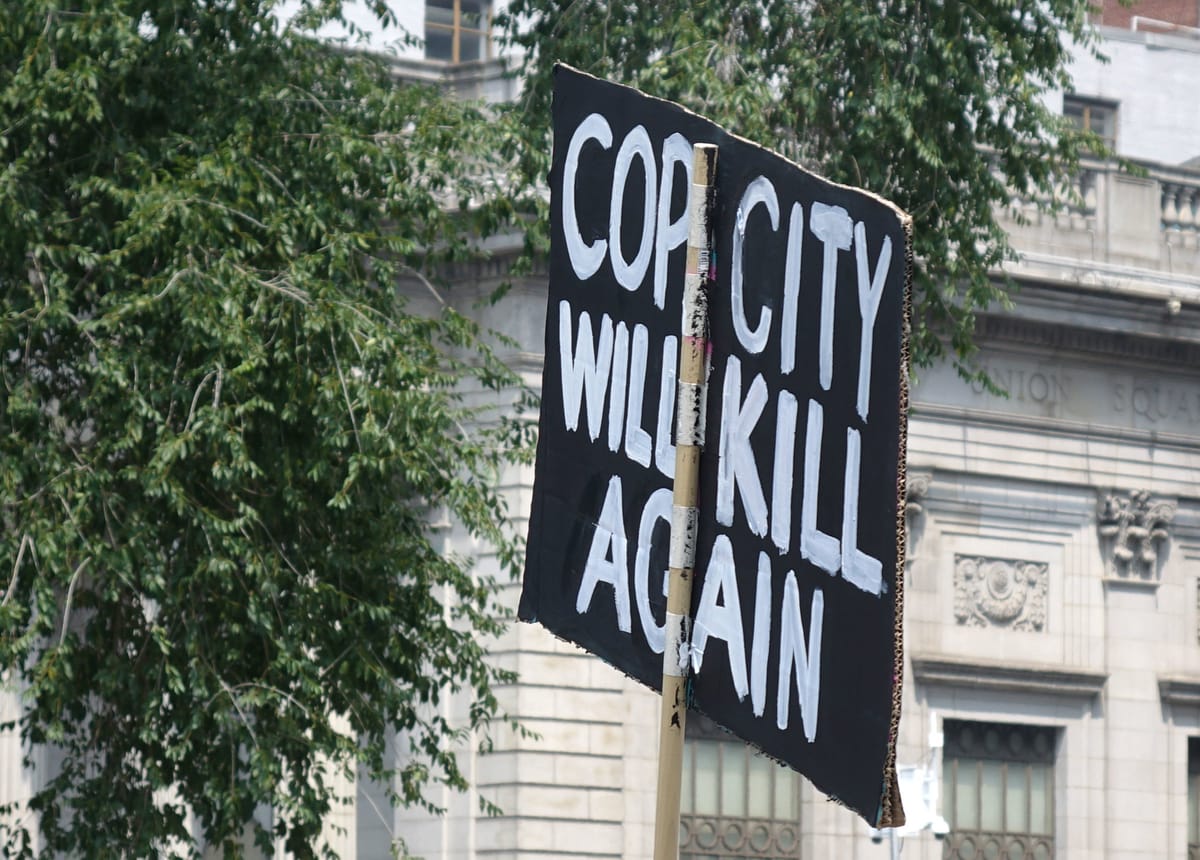
Herskind previously wrote about Stop Cop City for Hell World last March.
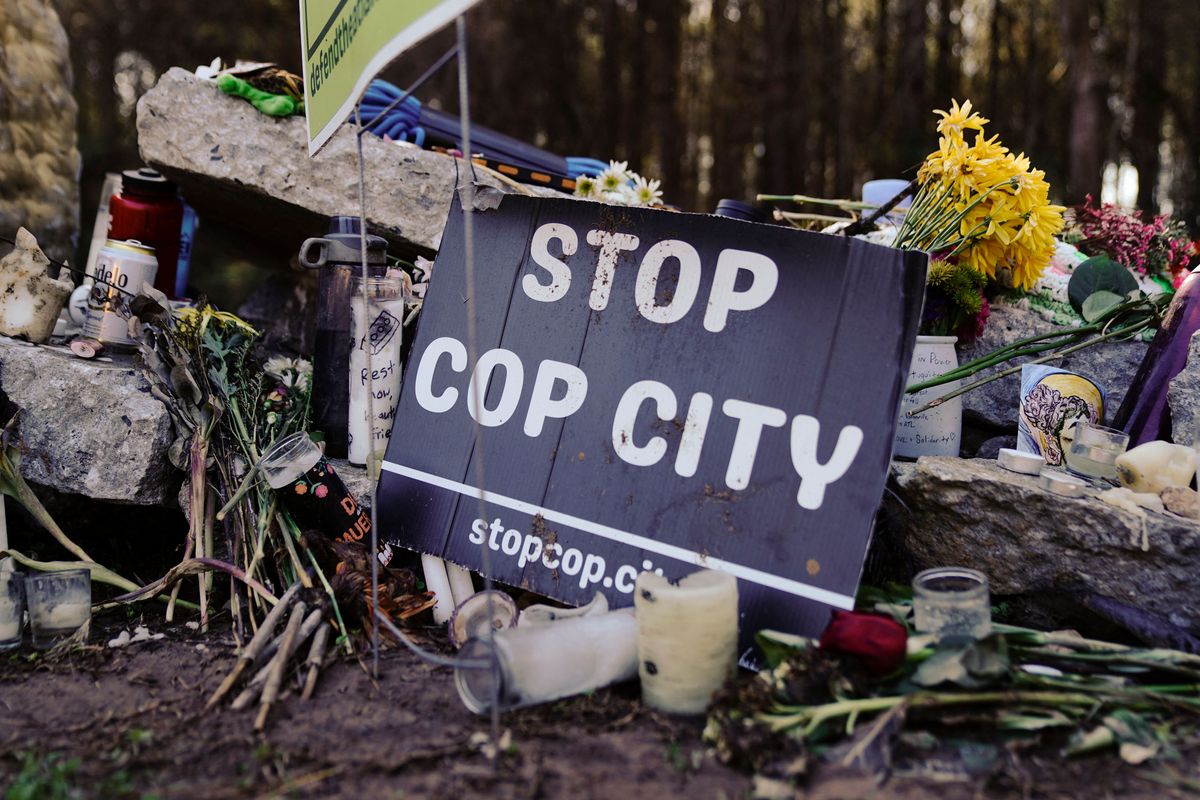
The other day I sent out a new short story to paid subscribers. I believe it was one of the good ones. Shocking I know but it's about death.

It goes in part like so:
But let us say this time in this one instance someone caresses your cheek with the back of their hand. Holds your hand. For a good long while. Not too long mind you. A real handhold. Tender.
When was the last time you tenderly held hands with your parents or grandparents without feeling self conscious about it?
Did I ever tenderly hold the hand of my sisters or brothers?
Surely I must have for some number of years and then never did it again. Maybe when our own father died. A parent’s death infantilizes you to the point that it’s all instinctual again briefly. All of it. The entire history of everything. You are a one-celled organism and then you are a majestic blue whale and then you are nothing.
For the duration of his passing we were mostly once again children. An unspoken agreement. We had in fact signed some papers in the hospital and maybe that was part of it.
It would be nice if you subscribed. Thank you very much.
I also went back on the great Soundtracker podcast to talk about Good Will Hunting and Elliott Smith. It was a fun one.
.jpg)
When I was young I found a wet VHS tape in the woods behind the old church cemetery and snuck it into the house so my dad wouldn’t see it and turned it on late at night and it was that presidential debate. Then my entire family died three days later.
The good news is debates usually don't really matter (?) but the bad news is every single other part of it. Not just the debate mind you but everything. Every single other part of everything.
I wouldn't exactly call it the greatest twelve hours in the history of the American Experiment. The next morning the Supreme Court criminalized poverty and gutted the entire governmental regulatory apparatus. And as an extra little fuck you they limited prosecutors ability to charge January 6th rioters with obstruction.
They also by the way essentially legalized bribery this week!
And here is the sum total of the pushback from Democrats against this corrupt to its core body of unelected and unaccountable rulers:
BREAKING: Justice Thomas fails to recuse himself from Chevron cases, despite secretly participating in donor summits organized by the Koch brothers.
— Senate Judiciary Committee (@JudiciaryDems) June 28, 2024
Wow thanks man. Thanks for letting us know.
It's hard to overstate the abject cruelty of the Grants Pass decision and how perfectly it distills the soul of this country down to its ugly punitive essence. Instead of using our vast wealth to help those in need we will use it instead to punish them. And hey if it ushers thousands more into the warehouses then all the better right?
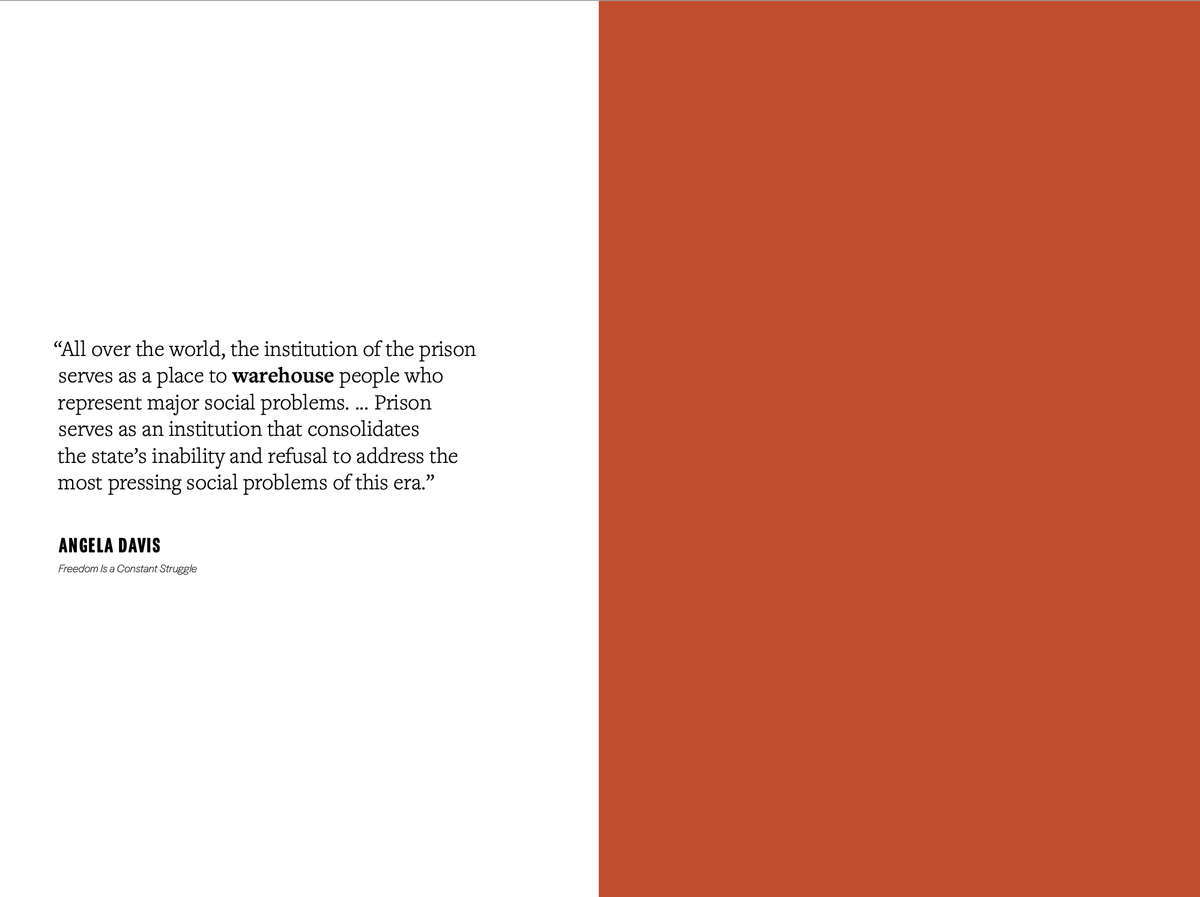
I know it sounds like a bit but in their decision they actually used the old Anatole France quote about how “The law, in its majestic equality, forbids rich and poor alike to sleep under bridges, to beg in the streets, and to steal their bread.”
In Neil Gorsuch's words:
"Grants Pass’s public-camping ordinances do not criminalize status. The public-camping laws prohibit actions undertaken by any person, regardless of status. It makes no difference whether the charged defendant is currently a person experiencing homelessness, a backpacker on vacation, or a student who abandons his dorm room to camp out in protest on the lawn of a municipal building."
What a fucking joke.
There is one solution to the problem of people without homes and that is to give them homes. We cannot arrest our way out of homelessness just as we cannot arrest our way out of addiction. And yet incarceration remains our one single solution to everything.
We've tried one idea and hasn't worked but maybe this time it will.
I've said this before but people without homes are not some sub-class of human and they are not monsters they are you and me after a couple of bad breaks. Each of us reading this are so much closer to finding ourselves impoverished than we are to becoming rich.
There's a sword hanging over all of our heads it's just a matter of degree in how close it is and how quickly it is lowering.
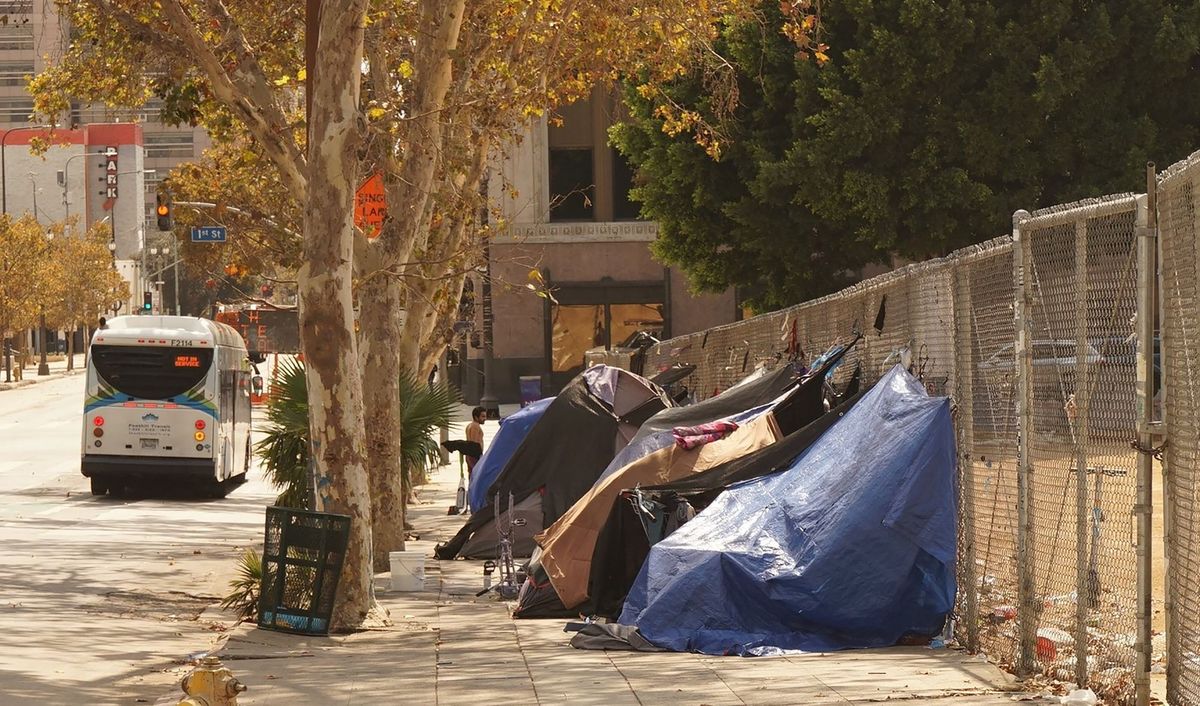

I go back to this piece a lot:
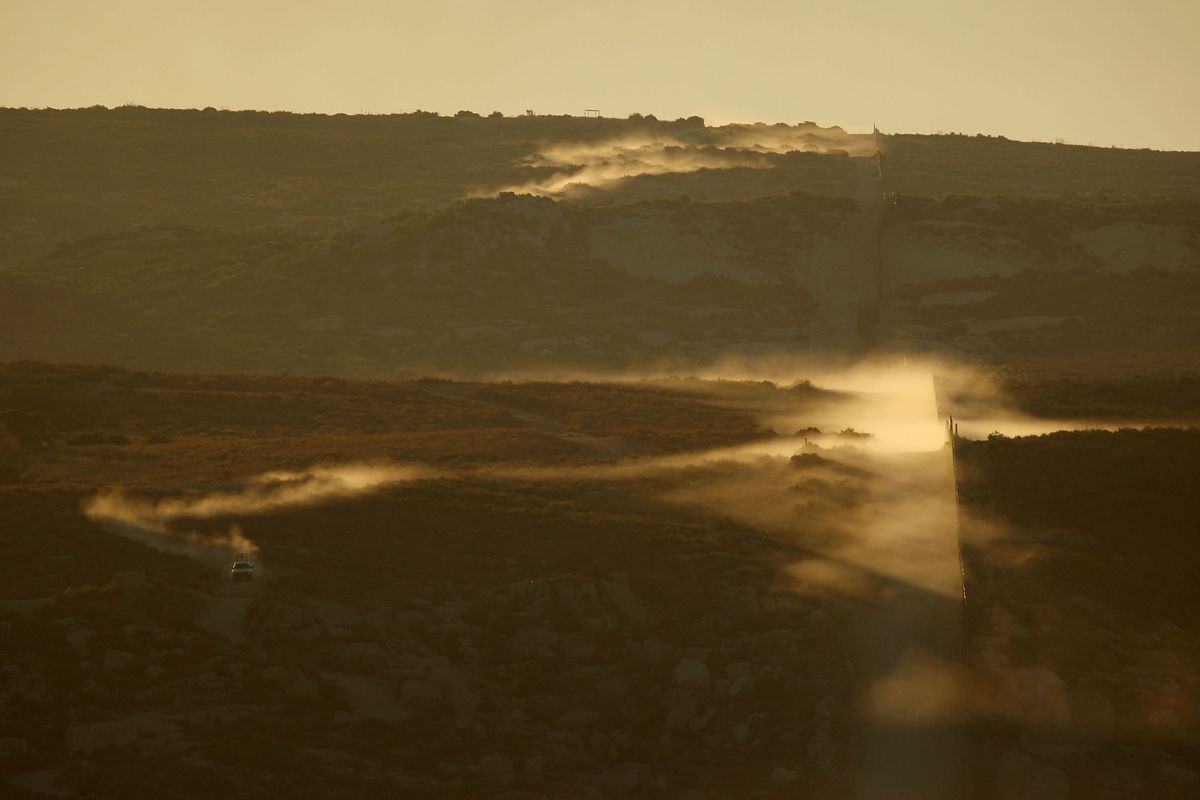
The reality is we have tried nothing that addresses the housing market that leaves people without a home. Nothing but punishment.
The discomfort of seeing the unhoused living in squalor leads many to a crisis of conscience. Most don’t have the language to recognize the fact that the people on the streets are purposeful victims of capitalism. And none of us “regular folk” want to think about how close each of us really are to finding ourselves out on the street, struggling to survive. So we end up telling each other that it's their own fault, or that these people live on the streets by their own choice. We end up concluding that the unhoused are bad people who purposely shun the plentiful help available. That we have so generously offered. In this alternate reality, recreated daily by city leaders looking to avoid accountability for the ballooning of the unhoused populace, it is the homeless themselves who must be fixed. No further analysis of our economic system or societal values needed. It’s a comfortable and conscience-easing conclusion. And when you come to believe it, then you can be reconciled to the idea that your unhoused neighbors are not part of your community at all. They are threats to society rather than victims of its fundamental structures.
Despite how cruel the Grants Pass decision was it's the Chevron ruling that may well prove the most utterly damaging to our country and to human life itself.
A few good explainers on the matter.
The Supreme Court’s conservative supermajority upended decades of precedent governing the ability of federal agencies to set regulations in a ruling on Friday.
The court’s decision written by Chief Justice John Roberts, which overturns its 1984 finding in Chevron v. Natural Resources Defense Council, will cause a sea change in how federal agencies are able to regulate everything from climate change to artificial intelligence to labor and workplace practices. It marks a huge win for corporations, as it will be significantly harder for the government to write rules.
“Courts must exercise their independent judgment in deciding whether an agency has acted within its statutory authority,” Roberts wrote.
The decision is also a major power grab by the judicial branch, which will now play a bigger role as the final arbiter over which new regulations are allowed to stand and which will be struck down.
With Chevron’s demise, the court’s conservative majority gave itself and other right-wing judges in the lower courts even more ways to kneecap new federal rules and regulations on dubious and arbitrary grounds. Friday’s ruling, Kagan warned, “puts courts at the apex of the administrative process as to every conceivable subject—because there are always gaps and ambiguities in regulatory statutes, and often of great import.”
“What actions can be taken to address climate change or other environmental challenges?” she continued. “What will the Nation’s health-care system look like in the coming decades? Or the financial or transportation systems? What rules are going to constrain the development of A.I.? In every sphere of current or future federal regulation, expect courts from now on to play a commanding role.”
The Supreme Court has long made clear how it wants this country to be governed. State legislatures can gerrymander congressional seats to cement a single party in power. Wealthy donors can spend unlimited amounts of money via superPACs in any remaining competitive seats to influence the outcome. Governors and senators can receive Rolexes and fur coats from rich benefactors without being charged with bribery. State and local officials can take thousands of dollars in “gratuities” from the companies to which they give taxpayer funds without violating federal anti-corruption laws.
And if any vexing federal regulations still manage to slip through the cracks, the justices will be there with a panoply of tools to make sure they don’t survive.
I was gonna say welp at least we had a pretty good run but we didn't did we? It wasn't all that good at all. At least we had a run though. At least we had that.
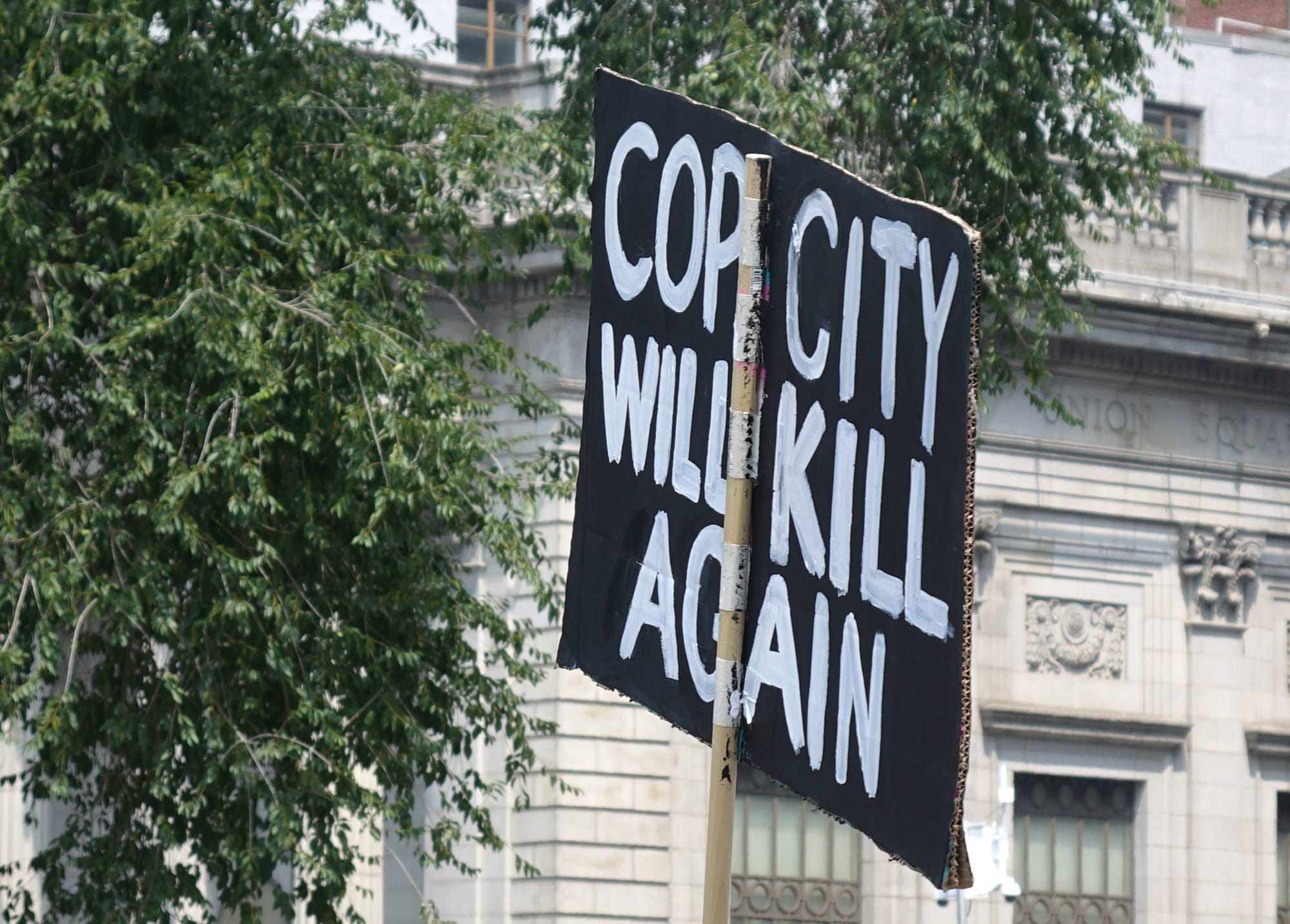
The goal is to attack a movement
by Micah Herskind
The Georgia Attorney General’s office appears to have made a major blunder in the ongoing prosecution of 61 Stop Cop City activists—one that could potentially cost the state its case altogether.
According to a motion filed by attorneys for three defendants who run the nonprofit Atlanta Solidarity Fund (ASF), Georgia Deputy Attorney General John Fowler’s prosecutorial team has extensively and brazenly violated multiple defendants’ right to attorney-client privilege.
This motion is just the most recent episode in the RICO case that has been denounced by activists and legal experts as a political prosecution intended to punish and intimidate those in the Stop Cop City movement.
If you’ve heard anything about this case so far, you’re probably not surprised that the same prosecutor’s office that decided to argue that 61 people who were randomly arrested at various protests constitute a “criminal enterprise” has made another mistake. Even still, it’s a big deal.
It all began when the Atlanta Police Department (APD) and the Georgia Bureau of Investigations conducted a SWAT raid of the ASF members’ home early in the morning in May of last year, seizing computers, phones, and other devices. At the ASF members’ bond hearing following their arrest, even the judge was unimpressed with the evidence laid out by the prosecution, remarking that “There’s not a lot of meat on the bones.”
Following the raid, ASF’s attorney Don Samuels reached out to Fowler to inform him that the devices seized in the raid would inevitably contain information protected by attorney-client privilege, including legal memoranda and other privileged communications.
In response, Fowler told Samuels that he would create a “filter team” to remove any privileged information before anyone involved in prosecuting the case reviewed the seized materials. Ten months later, the motion says, Fowler reiterated that a filter team would scrub any privileged material before Fowler’s team would begin its review.
In the meantime, Fowler’s team also acquired emails for two ASF employees through a search warrant to Google, which also included privileged material.
Ultimately, despite Fowler’s multiple assurances, no filter team was employed at any point in this process, the motion asserts. Instead, the AG’s office shared the privileged information with APD investigators on the case and each defense team for the 61 defendants.
The AG office’s actions, the motion argues, represent a “brazen violation of the attorney-client privilege, the Sixth Amendment, and the Due Process Clause of the United States Constitution, and the Georgia Constitutional right to counsel in all cases.”
Reporting from The Guardian confirmed that the state’s breach of attorney-client privilege was not limited just to the ASF defendants, as attorneys for other defendants in the sweeping RICO prosecution verified that the state shared privileged information for their clients as well.
Attorney-client privilege is a pillar of effective legal defense that allows defense attorneys to have robust discussions with their clients, explained Devin Franklin, Movement Policy Counsel for the Southern Center for Human Rights and former public defender. The alleged violation of attorney-client privilege represents a major breach that could completely derail the prosecution’s case.
“This is a huge deal, unquestionably,” said Franklin. “In my 12 years of practice, I’ve never had a set of circumstances where I’ve even had to give the state this kind of warning.” According to Franklin, it’s particularly concerning that privileged information would be shared so widely after the state was on notice that it needed to filter out the protected material.
Even before this latest motion, the case has already been plagued by delays and drama. As it turns out, prosecuting a case with very little actual evidence and a whole lot of defendants makes for a mess.
According to Xavier T. de Janon, an attorney representing one of the RICO defendants, this latest breach tracks with the prosecution’s generally sloppy approach to the case’s discovery thus far. The AG’s office has been slow and inconsistent in providing discovery to defendants, leading to a variety of motions by attorneys, including de Janon, objecting to the state’s failure to provide all discovery by the judge’s December 2023 deadline, among other problems.
“These are issues that are ongoing,” explained de Janon.
Attorneys Zohra Ahmed and Elizabeth Taxel have previously characterized the indictment as “sloppy and unconstitutionally specious.” But even in a case that is light on evidence and filled with procedural missteps from the AG’s office, this latest blunder is remarkable.
“To proceed in such a haphazard way is totally reckless, and probably indicative of the carelessness with which the Attorney General drafted the original indictment,” said Franklin.
In the motion, attorneys for ASF members ask Judge Kimberly Adams to dismiss the indictment against their clients, to disqualify the AG’s office and APD from the case, and to hold a hearing where members of the AG’s office and APD can be questioned.
If Judge Adams grants the defense’s request to disqualify the AG’s office, it could pose a major blow to the prosecution’s case—one that could undermine or even end the case altogether.
The AG’s office has vocally led the case against Stop Cop City protestors, even after DeKalb County District Attorney Sherry Boston pulled out of the case in June 2023, implying she did not believe she could make the case beyond a reasonable doubt—yet another indicator that the state does not actually have a criminal case, just a thirst for vengeance against social movements that challenge its power.
The motion could also impact AG Chris Carr’s preparations for a 2026 gubernatorial run. Carr has already used his support for Cop City for his coming campaign.
It’s unclear exactly what would happen if Judge Adams removes the AG’s office from the case. A local District Attorney’s office could take over the prosecution, but with such a sprawling and complicated case, explained Franklin, there is a question of whether any of the already-overwhelmed DA’s offices could take on the case.
Boston, the DeKalb DA, would be unlikely to re-engage with the case, and Fulton County DA Fani Willis is currently underwater with two high profile—and exceedingly messy—RICO cases: the Trump prosecution and the YSL prosecution.
Additionally, even if the AG’s office and APD are removed from the case, that doesn’t change the fact that privileged material has already been shared with every defense team on the case—which in itself could interfere with defendants’ ability to mount their defense.
“There is no way to put the genie back in the bottle,” the motion reads.
Despite the evidentiary and procedural weaknesses of the case, the prosecution has already accomplished one of the state’s key goals by sapping and redirecting energy from many in the movement. As many organizers said from the beginning, the goal of the sprawling RICO indictment is not necessarily to get convictions—it’s to attack a movement.
“The prosecutions have moved the center of the movement toward the inside of a courtroom, which is often demobilizing,” said Simon, an organizer I spoke to who preferred to use only their first name given the repression. In addition to subjecting defendants to a costly, dehumanizing, and bureaucratic process, the prosecutions have induced fear amongst some activists, taxed support crews for defendants, and diverted organizers’ energy to responding to the prosecutions rather than proactive organizing.
Even still, many in the movement have remained undeterred and even opened new fronts of organizing.
For example, during the wave of student encampments, students from across Atlanta universities gathered at Emory University and explicitly tied their opposition to Cop City to their opposition to the ongoing genocide of Palestinians.
Throughout the city, activists have woven together Palestinian solidarity and Stop Cop City activism, making connections between the genocide and APD’s participation in the Gilee program that shares trainings and tactics between Israeli and Georgia police forces.
Just last week, activists engaged in multiple disruptions. On June 25, a group of activists occupied Atlanta City Hall for the day, interrupting operations and calling on the Mayor to stop Cop City. Two days later, protestors carrying Stop Cop City and Abolish Gilee signs were arrested after shutting down a road in protest of Hudson Technologies Co. and calling on the company to drop its Israel-tied contract with the Department of Defense.
More actions are expected this summer, as organizers have announced a “Summer of Resistance” to include “rallies, demonstrations, teach-ins, and a three-day music festival and convergence” over the next few months.
Ultimately, if the motion to disqualify the AG’s office and APD from the case is granted, it could provide a major boost in morale to those in the movement and free up capacity to continue organizing against Cop City.
In any case, as Atlanta residents have shown time and again, the fight goes on.
Micah Herskind is an organizer, writer, and law student.
